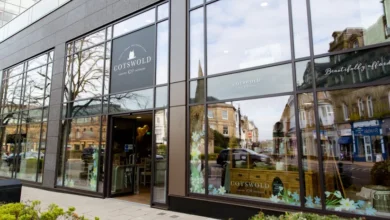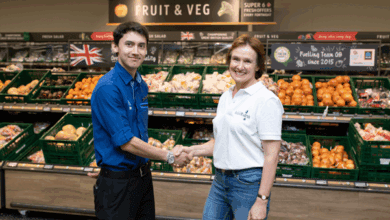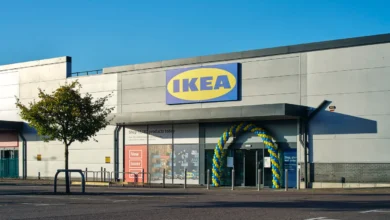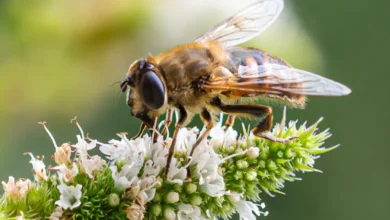Throwaway Halloween costumes to produce 2,000 tonnes of plastic waste
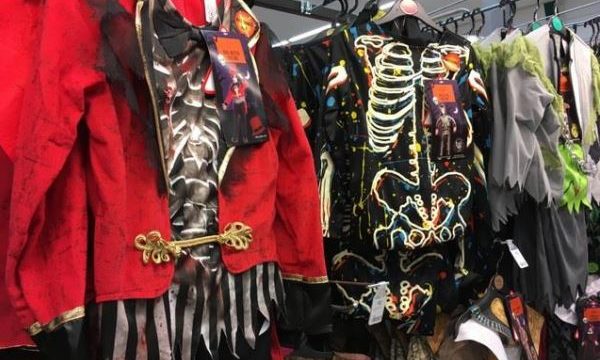
Register to get 1 free article
Reveal the article below by registering for our email newsletter.
Want unlimited access? View Plans
Already have an account? Sign in
An estimated 2,000 tonnes of plastic waste will be generated from throwaway Halloween clothing and accessories, sold by leading retailers in the UK, research suggests.
The study estimates that this is equivalent by weight of waste plastic to 83 million bottles.
An investigation by Hubbard, an environmental charity, estimated that 33 million people dressed up on Halloween, with 40% only wearing the costume once.
Hubbard and conservation charity, Fairyland Trust, sampled 324 Halloween costumes from 19 top retailers and found 83% of the material was created by oil based plastic. The most common plastic polymer found that 69% of the total material was plastic polymer.
The study suggests will add up 2,000 tonnes of plastic waste in the UK this year.
The report issued today by the Fairyland Trust and Hubbub calls for better and consistent labelling as “many consumers do not even realise that materials like polyester are in fact plastic”.
Trewin Restorick, CEO and co-founder of Hubbub, said: “These findings are horrifying. The amount of plastic waste from Halloween costumes is similar to the weight of plastic waste generated at Easter in egg-wrapping.
“However the total of plastic waste footprint of Halloween will be even higher once you take into account account other Halloween plastic such as party kits and decorations, much of which are also plastic, or Halloween food packaging, most of which quickly becomes ‘rubbish’ and ultimately, breaks down to be plastic pollution.”
He added: “Retailers must take greater responsibility to offer ranges for seasonal celebrations that don’t worsen the already worrying impact of plastic waste on our planet.”
Hubbub is working with the All Party Parliamentary Group, chaired by Anne Main MP, looking into the environmental sustainability of the fashion industry.
Chris Rose from the Fairyland Trust said: “The scariest thing about Halloween is now plastic. More costumes are being bought each year as the number of people participating in Halloween increases.
“Research by Hubbub estimated that 33M people dressed up for Halloween in 2017 and a shocking four in 10 costumes were worn only once. This means its vital that we all try and choose costumes that are environmentally friendly as possible.”
He suggests “concerned consumers can take personal action to avoid buying new plastic and still dress-up for Halloween by buying from charity shops or reusing costumes to create outfits, or making their own from non-plastic materials.”



